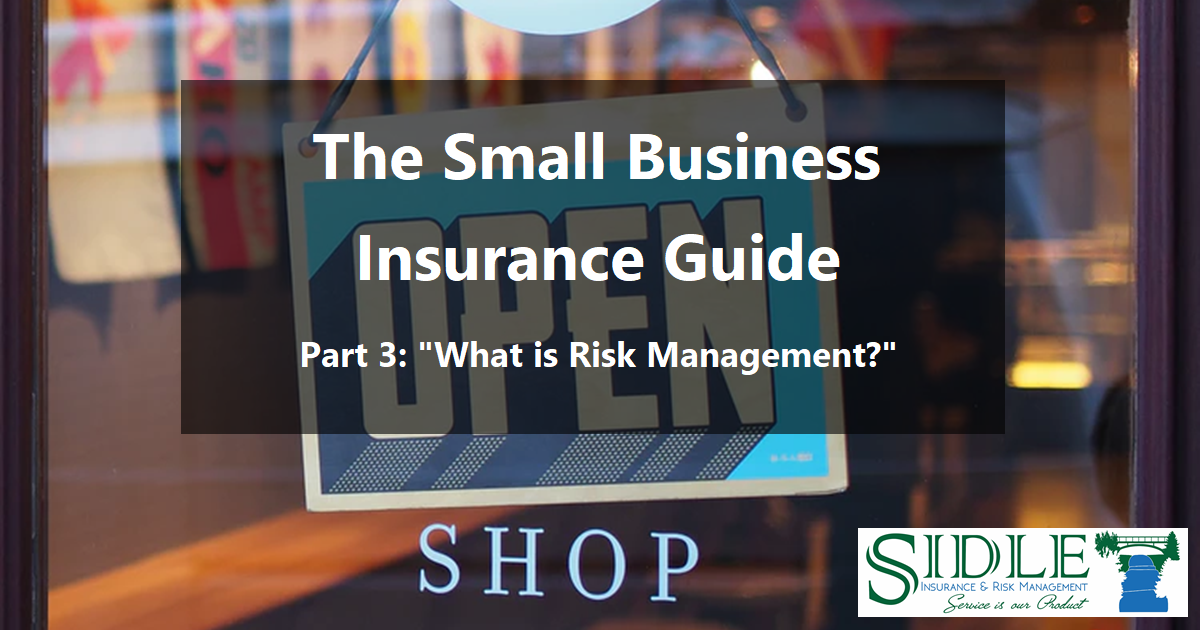Risk management is a process of well-defined steps that will enable you to identify situations that could create exposures and risks that would be detrimental to your business. Here are five techniques that will help you better manage risk:

RISK AVOIDANCE
This should go without saying – but avoid performing dangerous activities. Consider outsourcing any process hazardous to your health or premises.
You’ll come across situations where your business location or equipment require repairs or updates that you simply don’t have the proper training or tools to complete.
Hiring a professional to handle such tasks is often the wiser choice.
RISK REDUCTION
A store owner might install video surveillance to reduce petty thefts. You might consider installing a direct reporting or monitored alarm system for both burglary and fire.
In addition, keeping your premises and property clean, secure, and updated can provide an environment that leaves less margin for mishap.
If you’re proactive, you can greatly reduce the likelihood of an accident or an error occurring that could harm your business.
RISK RETENTION
You can retain some of the risk yourself, by assuming some risk via higher deductibles, or by eliminating collision coverage on lower value vehicles, etc.
This approach depends on you having the excess funds to take on a larger monetary responsibility to restore damaged property or replace a vehicle in the event of a claim.
RISK TRANSFER BY CONTRACT
If you lease out part of your premises, you might require your tenant to protect you from liability claims of people they allow in the building.
With proper contracts in place, (and with your tenant having proper insurance coverage in place) you can eliminate a lot of risk, at no cost to yourself.
RISK TRANSFER BY INSURANCE
By purchasing insurance, you can transfer much of your risk to the insurance company.
You agree to pay a premium, and the insurance company agrees to pay certain losses that may occur.
When considering the total cost of risk (Insurance costs + deductibles and/or retentions + costs of losses not covered by insurance) that your business may face, insurance creates a level of certainty in at least some of your potential total cost of risk.
The more insurance you buy, the more certain the total cost.
Conclusion
Ultimately, there is no way to guarantee that your business will never experience a loss, however, with the right risk management strategy, you can dramatically limit the chances that a serious loss could damage your business, expend your assets, or even put you out of business.
We recommend that most small business owners work with an independent agency, such as Sidle Insurance and Risk Management to assist them with the five techniques we listed above.